Brinjal, also known as eggplant (Solanum melongena), is a versatile vegetable with numerous health benefits due to its rich nutrient profile, including vitamins, minerals, antioxidants, and fiber. It is low in calories and highly beneficial for overall health. Here are the key health benefits of brinjal:
1. Rich in Antioxidants
Neutralizes free radicals: Brinjal contains powerful antioxidants like nasunin, which protect cells from oxidative stress and reduce the risk of chronic diseases.
Supports brain health: Nasunin in the purple skin protects brain cells from damage and supports cognitive health.
Anti-aging effects: The antioxidants in brinjal promote youthful skin and reduce signs of aging.
2. Supports Heart Health
Lowers cholesterol: The fiber and antioxidants in brinjal help reduce bad cholesterol (LDL) levels and support overall heart health.
Regulates blood pressure: Its potassium content helps maintain healthy blood pressure by counteracting the effects of sodium.
Improves circulation: Brinjal’s polyphenols support better blood flow and reduce the risk of cardiovascular diseases.
3. Aids in Weight Management
Low in calories: Brinjal is a low-calorie vegetable, making it an ideal choice for weight loss diets.
High in fiber: The fiber content promotes satiety, preventing overeating and aiding digestion.
4. Improves Digestive Health
Promotes gut health: Brinjal’s fiber content supports healthy digestion and prevents constipation.
Relieves bloating: Its water content helps reduce bloating and improve bowel movement regularity.
5. Regulates Blood Sugar Levels
Low glycemic index: Brinjal has a low glycemic index, which prevents sudden spikes in blood sugar levels.
Improves insulin sensitivity: Its bioactive compounds may help enhance insulin function, beneficial for people with diabetes.
6. Supports Bone Health
Rich in minerals: Brinjal contains manganese, calcium, and potassium, which strengthen bones and reduce the risk of osteoporosis.
Protects joints: Its anti-inflammatory properties can help alleviate joint pain in conditions like arthritis.
7. Promotes Skin Health
Glowing skin: Brinjal’s antioxidants help improve skin texture and reduce pigmentation, leaving the skin radiant.
Fights acne: Its hydrating properties and nutrients reduce skin inflammation and acne breakouts.
8. Enhances Brain Function
Improves memory: The phytonutrients and nasunin in brinjal enhance brain function and protect against neurodegenerative diseases.
Reduces mental fatigue: Regular consumption supports cognitive function and reduces stress.
9. Fights Inflammation
Reduces chronic inflammation: The bioactive compounds in brinjal help alleviate inflammation, which is beneficial for conditions like arthritis and asthma.
Heals wounds: Brinjal’s vitamins and minerals contribute to faster healing of minor wounds.
10. Boosts Immunity
Rich in nutrients: Vitamins C and K, along with antioxidants, strengthen the immune system and help fight infections.
Reduces infections: Brinjal’s antibacterial properties may protect against common infections.
11. May Have Anti-cancer Properties
Contains polyphenols: These compounds, along with chlorogenic acid, may reduce the growth of cancer cells.
Protects DNA: The antioxidants in brinjal reduce DNA damage and the risk of mutations.
12. Supports Eye Health
Rich in Vitamin A: Brinjal supports good vision and reduces the risk of age-related macular degeneration.
Fights oxidative stress: Its antioxidants protect eye tissues from free radical damage.
13. Helps Detoxify the Body
Flushes toxins: Brinjal’s water content and fiber help cleanse the digestive system and liver.
Supports kidney health: It acts as a natural diuretic, promoting kidney function and preventing fluid retention.
How to Include Brinjal in Your Diet
Roasted or Grilled: Brinjal can be roasted or grilled with herbs and spices.
Curries: Add brinjal to vegetable curries for flavor and nutrition.
Stuffed: Stuff brinjal with a mix of spices and lentils for a wholesome dish.
Eggplant Parmesan: Bake slices with cheese and tomato sauce for a classic dish.
Pickled: Use brinjal in pickles for a tangy treat.





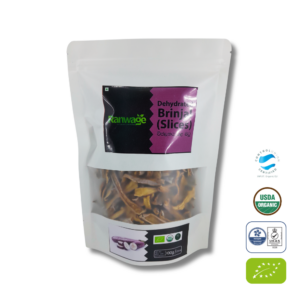
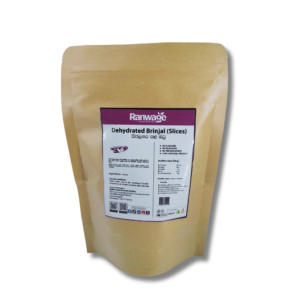
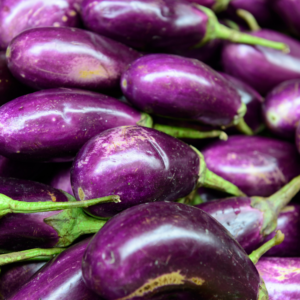
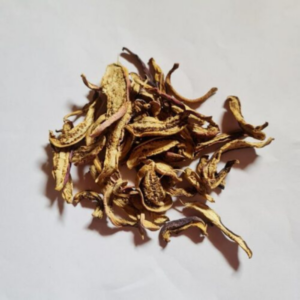








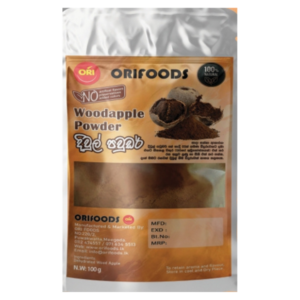
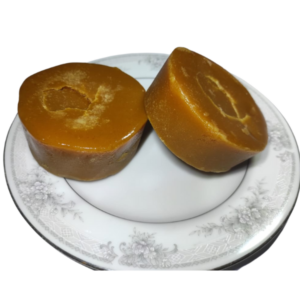
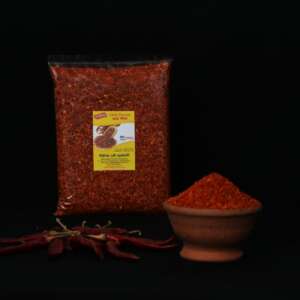
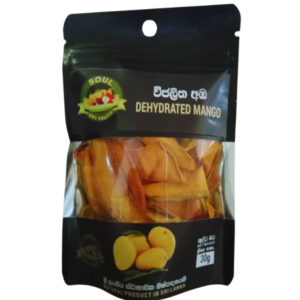
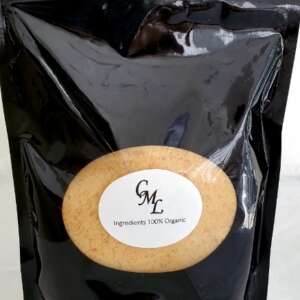
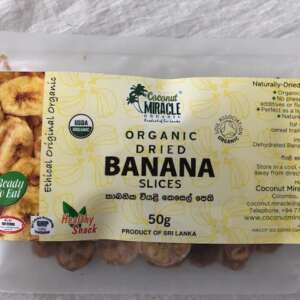
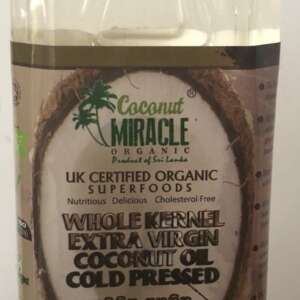
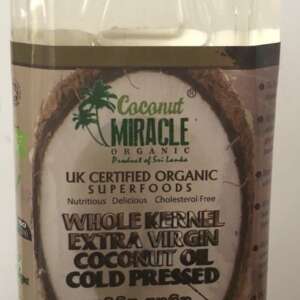




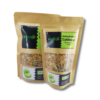
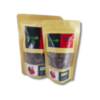
Reviews
There are no reviews yet.